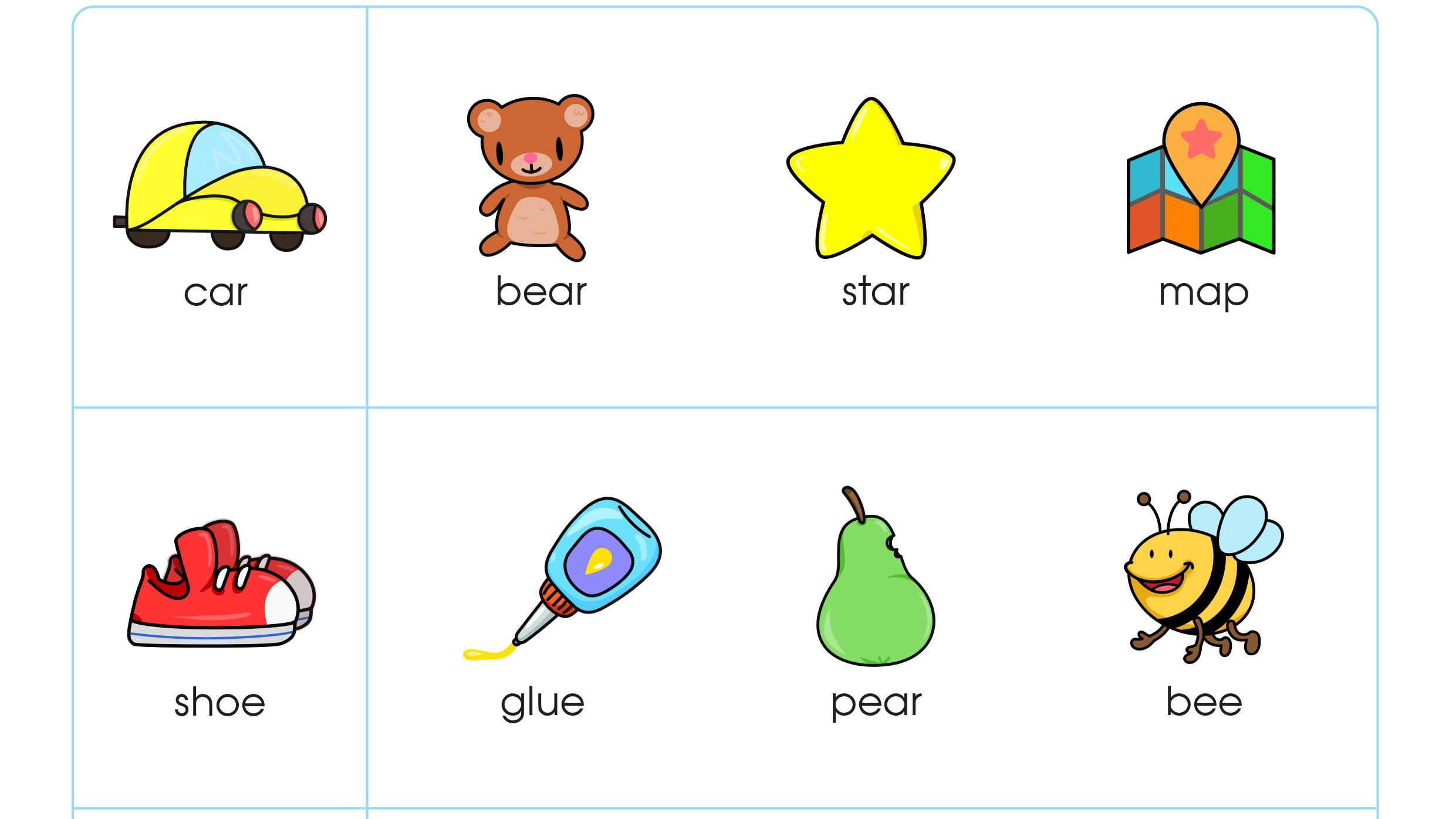Rhyming skills development Normal Rhyming Words Worksheets for Ages 3-8
3 filtered results
-
From - To
Unlock the power of rhyme with our "Rhyming Skills Development Normal Rhyming Words Worksheets for Ages 3-8." Designed to cater to early learners, these engaging worksheets enhance phonemic awareness and boost reading skills through fun, rhyming exercises. Perfectly suited for children aged 3-8, each activity incorporates delightful illustrations and age-appropriate vocabulary to help young minds recognize and generate rhyming words effortlessly. Start their journey to literacy with activities that make learning rhythmic, engaging, and immensely rewarding. Elevate your child's linguistic abilities and nurture a love for reading with these expertly crafted educational resources.


Rhyming Words Rhyming Worksheet


First Words: Picture Rhymes Worksheet
Rhyming skills are a crucial component of early literacy development for children aged 3-8. First, rhyming enhances phonemic awareness, which is the ability to recognize and manipulate sounds in words. This foundational skill is essential for learning to read and write, as it helps children understand how sounds make up words. When kids recognize that "cat" rhymes with "hat," they are beginning to understand how different sounds can lead to different meanings and spellings.
Moreover, rhyming improves memory and recall abilities. Rhythmic and repetitive patterns in songs, poems, and stories make it easier for children to remember new words and concepts. This enhanced memory leads directly to better vocabulary acquisition and language skills, both of which are vital for academic success.
Rhyming also contributes significantly to bonding and social interaction. Singing rhyming songs, reading rhyming books, and playing rhyming games are fun, engaging ways for parents and teachers to interact with children. This positive, nurturing environment fosters a love for learning and strengthens child-adult relationships.
Lastly, rhyming promotes creativity and emotional expression. Kids learn to play with words, engage in playful thinking, and express themselves more freely. In summary, developing rhyming skills plants the seeds for future academic achievement and emotional well-being.
 Assign to My Students
Assign to My Students
















